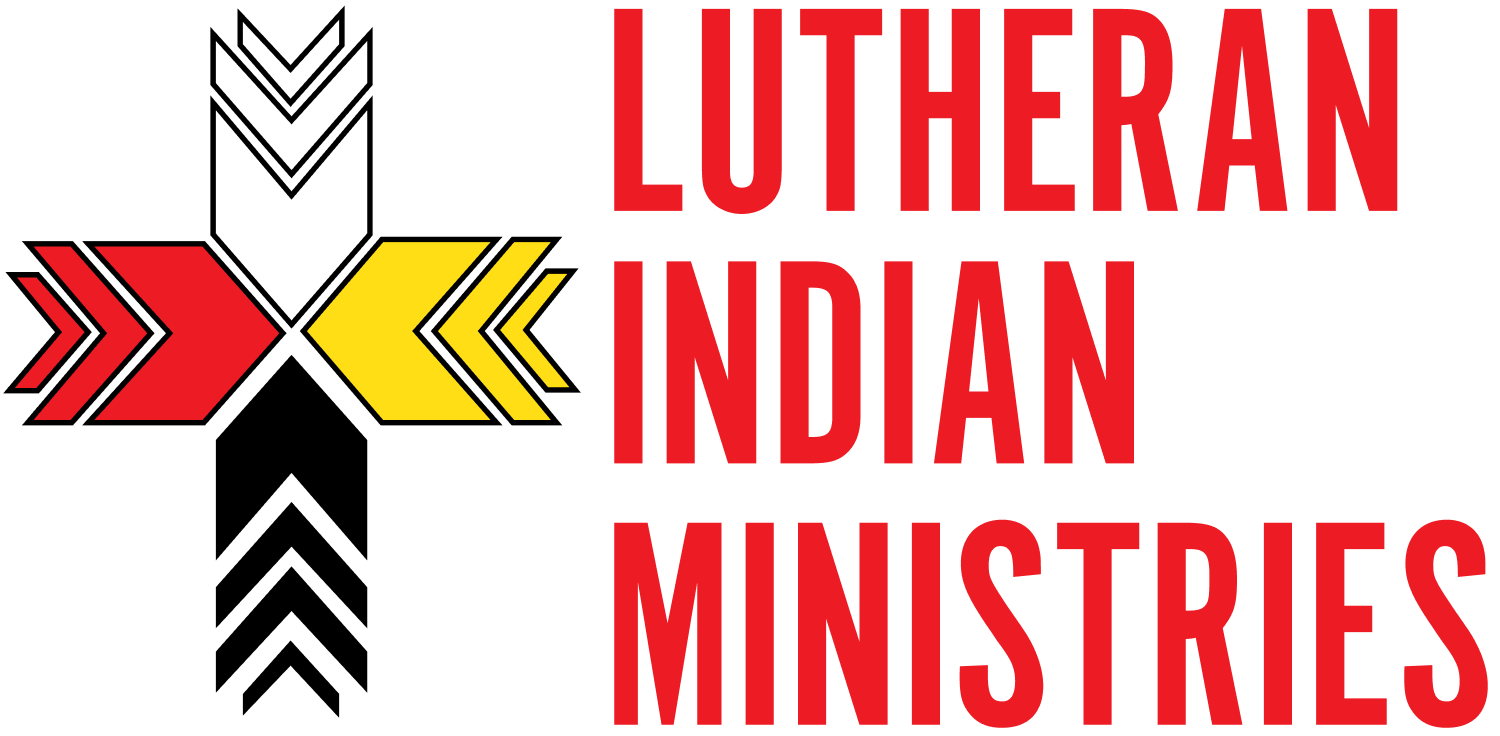This Week in Native American News - August 5, 2016
Alaska Research Center Collaborates to Address Native Health
Colleges, foundations, and organizations in Alaska and Montana are joining forces to improve Indigenous health care. With a grant from the National Institutes of Health, leaders in the medical sciences hope to increase the number of scientists working with Native people.
"The people we want to attract are scientists in Alaska and Montana who have maybe thought that their work could be clinical or translational, meaning working with humans, but don't know how to transition their science in that direction," said the new center's co-program director, Bert Boyer.
American Indian and Alaska Native communities lack health care and resources more than any other ethnic or racial group in the US. This collaboration will focus on mentoring, training and research opportunities.
"Our goal is to build both Alaska's and Montana's capacity to successfully address the health priorities of American Indian and Alaska Native people," said Boyer. Read the full story here.
Farther South...
Miss Native America USA, Kristina Hyatt (Cherokee), is using her platform to improve dental hygiene among Native Americans, particularly on reservations. Read the story.
The World is watching Canada
The UN and other human rights organizations are watching Canada to see how they will act in the inquiry into almost 1,200 missing and murdered indigenous women (often referred to as MMIW).
Not sure what this is about? Here's a good recap. And this one, too.
While everyone believes this investigation is a good thing, the way it is implemented needs to be correct and complete, according to Angelique Eaglewoman.
Native American Youth run 2,000 Miles in Protest
Thirty-nine youth from the Oceti Sakowin Nation of North Dakota are running 2,000 miles to Washington D.C. to protest a pipeline approved to be built across their sacred tribal lands. Read the full story here.
“The run is really not all about the oil. It’s not all about the pipeline. It’s about regaining our identity as a people. It’s about our culture; it’s about our land; it’s about our water,” said Jasilyn Charger, the run organizer [during a stop in Columbus, Ohio].
Navajo Artist Explains Lawsuit Against Urban Outfitter
Digital Man sketch by Lehi Thunder Voice Eagle Sanchez.
Based on the Indian Arts and Crafts Act of 1990 and copyright laws, Navajo artist, Lehi Thunder Voice Eagle Sanchez, explains why this the Navajo tribe's lawsuit against Urban Outfitters is important. It is about protecting the Dine culture and artistic legacy, more than it is about following the law.
“Within the culture, my mom has taught me about certain patterns and symbols that have specific meaning,” Sanchez says. “Some of these symbols can be sacred and done as a ceremony, while others are to keep records or tell stories. I know there is big concern on what is being used from our culture and how it is being used by those outside of our culture. Regardless of one’s opinion, I feel communication between Native Americans and those using Native American cultural elements is paramount.” Read the full story here.
In Other Native Art News, Store Promotes Native Artisans
The Inside of Prairie Edge Trading Co. Photo Credit: Prairie Edge
Dozens of Native American artists are featured, and owe their success, to Prairie Edge Trading Co. in Rapid City, South Dakota.
"Reservation life is tough, it’s pretty bad," [Cliff Matias, an artist and spokesperson for Redhawk, a New York-based nonprofit] said. "Every time someone goes into a Walmart and buys fake Navajo pottery, another artist is unable to sell their work. So many artists are stopping to create."
Prairie Edge was created to reverse the problem. Formed in the 1970's by a group of South Dakota artists, the store guarantees a place for time-treasured artwork to live on while providing an income. More than a story, it also helps to supply materials to the artists and often times works as a trading post, exchanging a finished piece of art for the goods families need. Read the full story here.
Amish Groups Ask for Forgiveness
Started more than ten years ago by Pennsylvania-based Mennonites, Christian groups have been asking for forgiveness from local Native Americans. In the most recent event, a Lancaster County-based Amish bishop met with a number of local tribal representatives to apologize for their lack of action during a time of Indian deprivation. Being pacifists, the Amish community did not fight against the Native tribes, but they did take Native land for their farms.
[One] Amish man said, “If this would have been done years ago, how much more healing would have been brought. But here we are. There’s no time too late.” Read the full story here.









